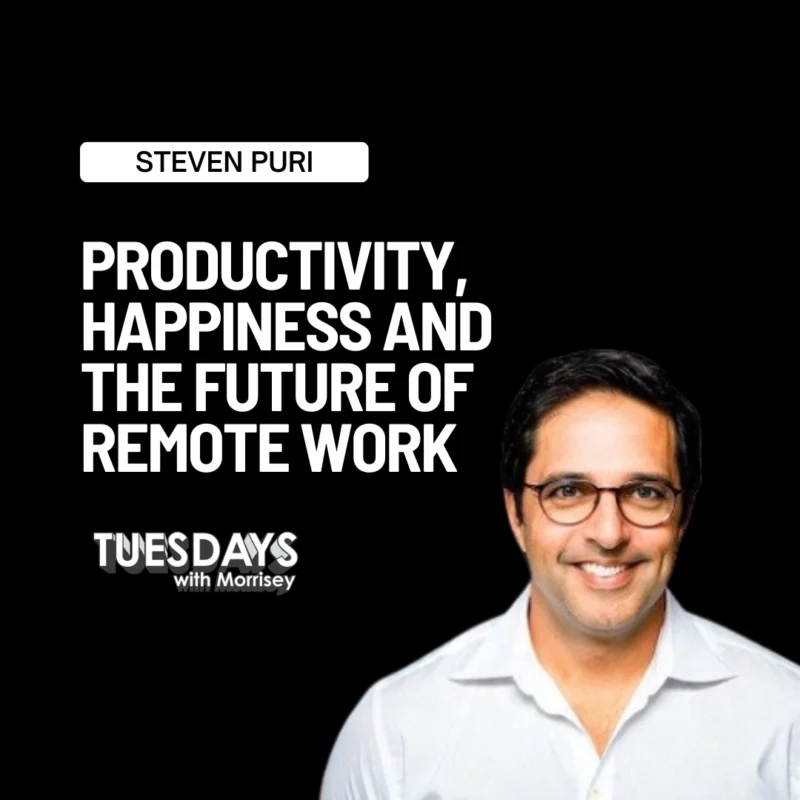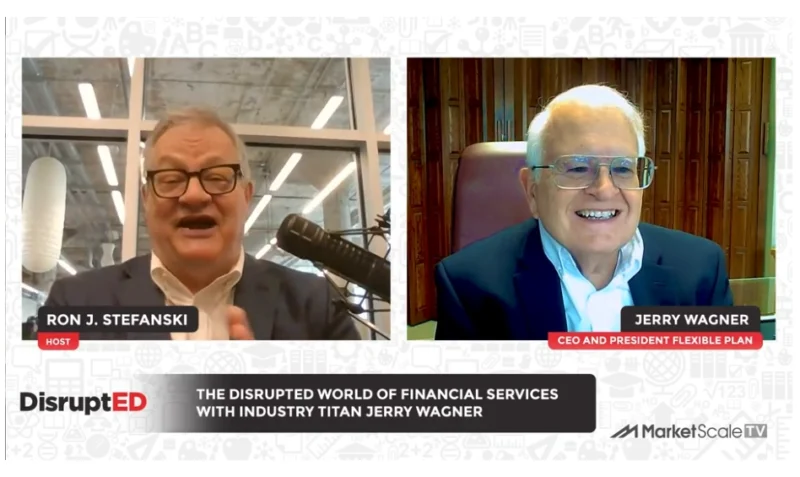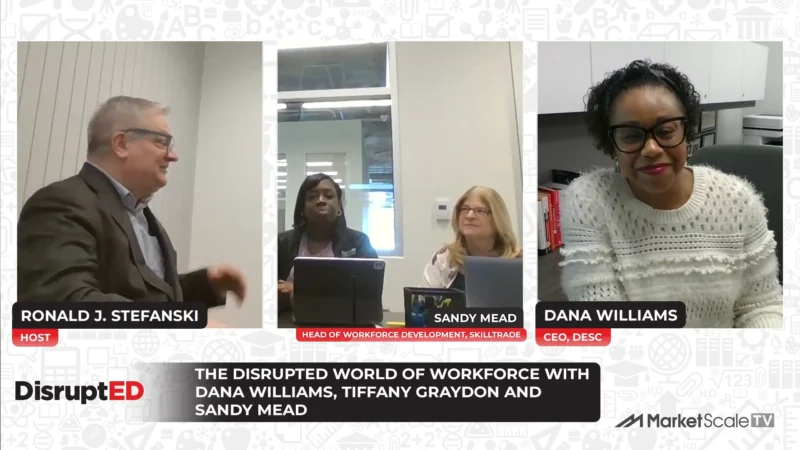Closing the Books: Changes to Credit Reporting in Healthcare
The most expensive car ride someone may take in their life is an ambulance ride, which racks up to a whopping average of 1,200 dollars. Most individuals probably cannot or will not pay that bill outright, meaning it will serve as a form of debt to them. So, how is credit debt any different from more “voluntary” types of debt and how does it impact patient credit scores? And where is the industry seeing the most changes to credit reporting in healthcare?
On today’s episode of Closing the Books, Host Gabrielle Bejarano speaks with Michelle Dove, Chief Corporate Counsel and Chief Compliance Officer at IC System, to talk about recent and upcoming changes in credit reporting in the healthcare sector and how this will impact patients.
Bejarano and Dove also discussed…
- How paid healthcare debt will no longer be credit-reported
- Medical account reporting time frame changes and the impact on patients and the industry
- The pending change in the debt threshold for credit reporting
Dove elaborated on how the current and upcoming changes will impact patients. “There are positives—the patient gets more time, but I think the negative is it takes away one method of communicating with the patient to help them understand their account,” she stated.
Dove is Chief Compliance Officer and General Counsel at IC Systems and ensures documentation complies with federal, state, and local laws. She has previous experience as an attorney at Bassford Remele, Dorsey & Whitney LLP, and Rider Bennet, LLP. Dove has a B.A. in Political Science and Psychology from the University of Michigan and earned her J.D. from the University of Minnesota Law School.




